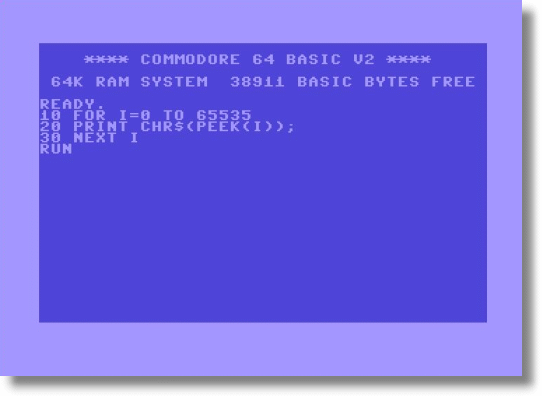 Once upon a time, just about everyone owned a Motorola RAZR. In fact when RAZRs were popular, Motorola and their industrial design were the player to beat in the cell phone industry. A lot has changed since then: the standard cell phone market has declined significantly, smart phones instead have become ubiquitous, and a company by the name of Apple created a phone...I think I've seen some things about it.
Once upon a time, just about everyone owned a Motorola RAZR. In fact when RAZRs were popular, Motorola and their industrial design were the player to beat in the cell phone industry. A lot has changed since then: the standard cell phone market has declined significantly, smart phones instead have become ubiquitous, and a company by the name of Apple created a phone...I think I've seen some things about it.This is not to say room doesn't still exist for the once mighty Motorola, however. As I wrote a few weeks ago, Apple's proclivity to claim openness but remain closed has allowed the king of free, Google to slip in the door by creating their own mobile computing platform...Android. Like the iPhone when in its infancy, Android was plagued with lukewarm receptions but buoyed by the hope of what might be. After all, a lower cost open source mobile platform with a supportive developer base could be just what device makers like Motorola need to compete with leaders Microsoft and Apple....right? Fortunately for Google and its partners, it looks as though the platform is finally catching up to the hype. A major development is the release of Android 2.0, which boasts a number of impressive features including full native Microsoft Exchange support, Facebook integration for contact management, and better performance...generally placing Android on par with the iPhone OS.
What does this have to do with Motorola? You might have had your Sunday afternoon television viewing interrupted with an odd commercial...one that started like an Apple ad, but certainly didn't end like one. Motorola is releasing a new device based on Google's Android OS called Droid, and this commercial is the start of Verizon and Motorola's new marketing campaign targeted squarely at Apple and the iPhone. What's more, it sounds as though Motorola's new phone may be the beginning of a resurgence for the company. "The most impressive phone we've used since the iPhone" sums it up nicely. Combine that with the fact that this device carries a keyboard and Verizon's more reliable network (something iPhone users crave) and you may have a winner. If this is true, it means that the software and hardware finally exists in concert to make Android a real and robust mobile computing platform...and it may be time to begin thinking of the smart phone market as a three horse race.
















